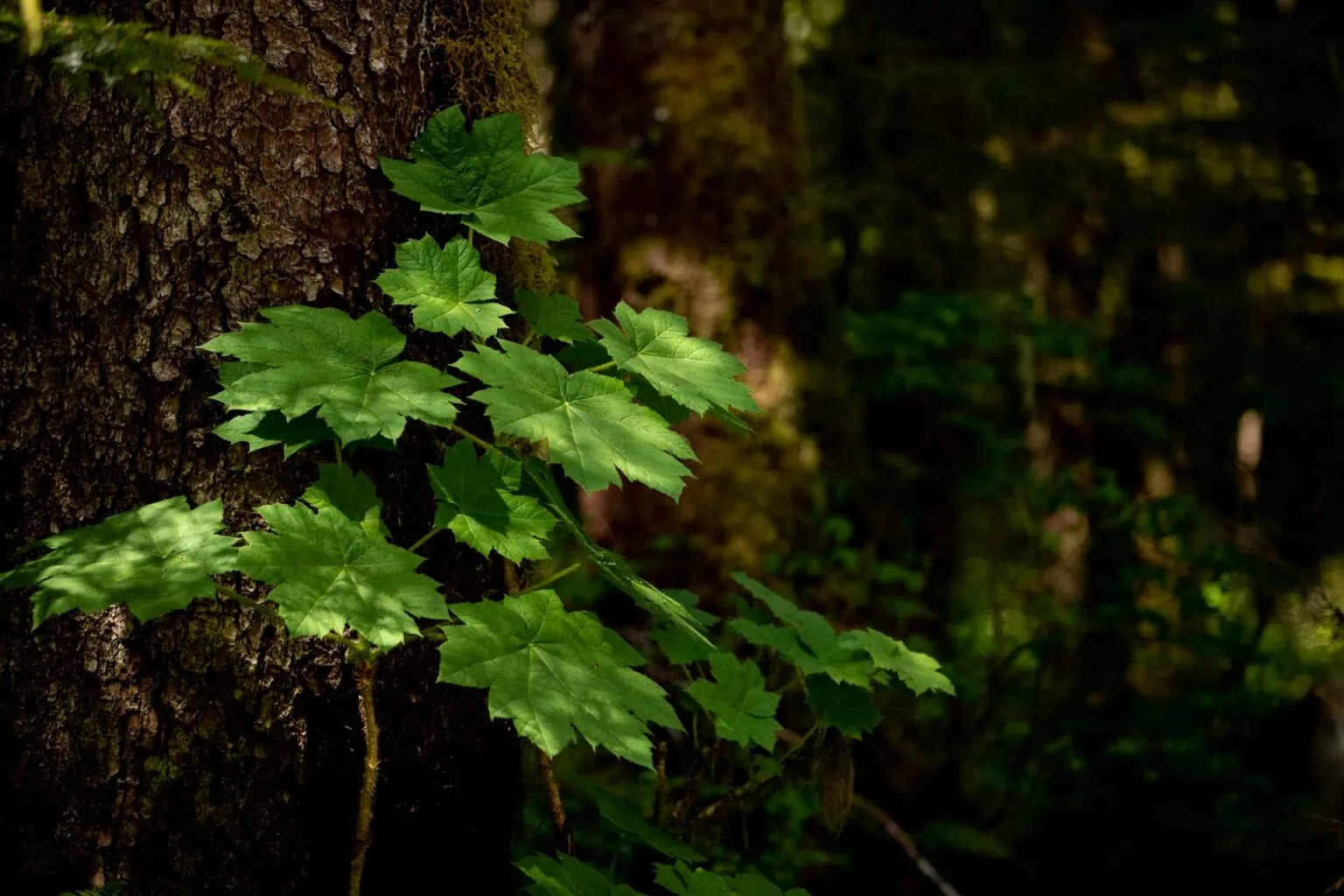Find a Page

Searching for:
404
Welcome to SEARHC. We’re sorry, but the page you’re trying to reach cannot be found. This may be due to a change in the link URL, or the page may have been removed. Please explore the options below to find what you’re looking for.
No Pages, People, Locations, Services or Articles matched your search. Please try editing your search term or follow the links above.